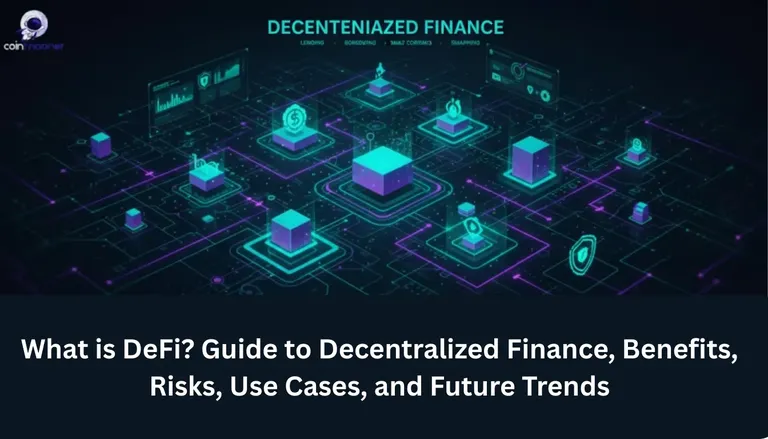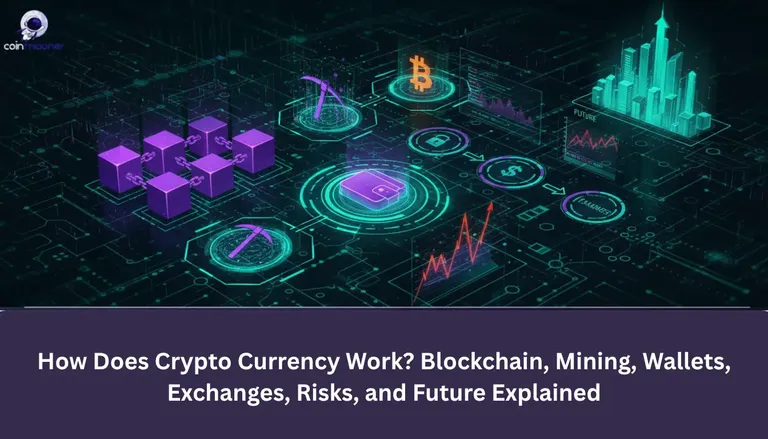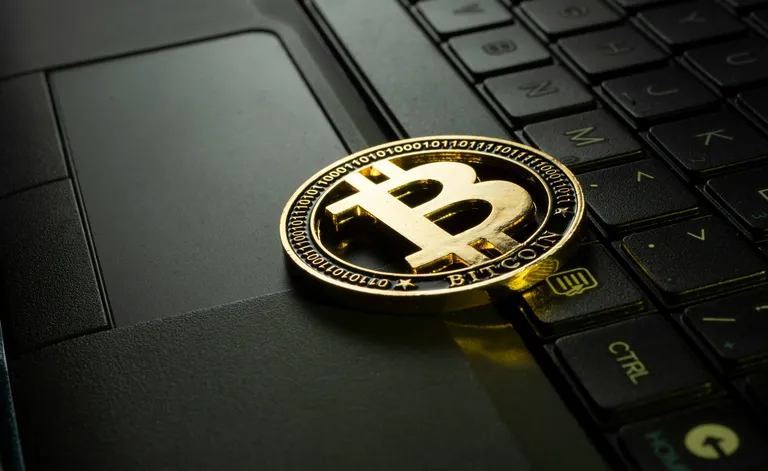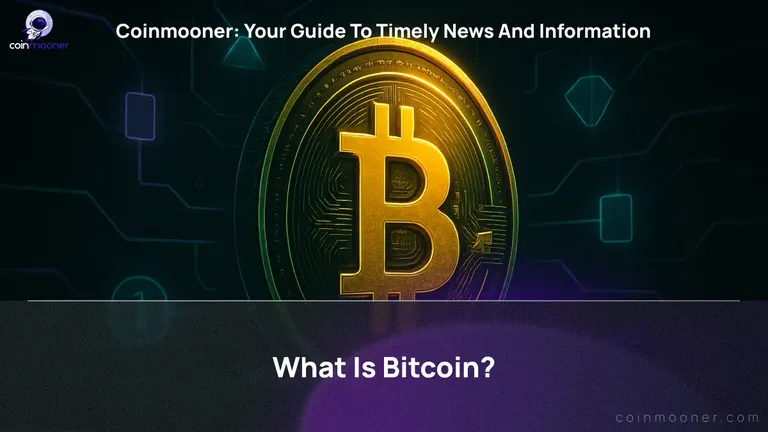Are you wondering how inflation affects Bitcoin? If so, here is how inflation affects this virtual currency.
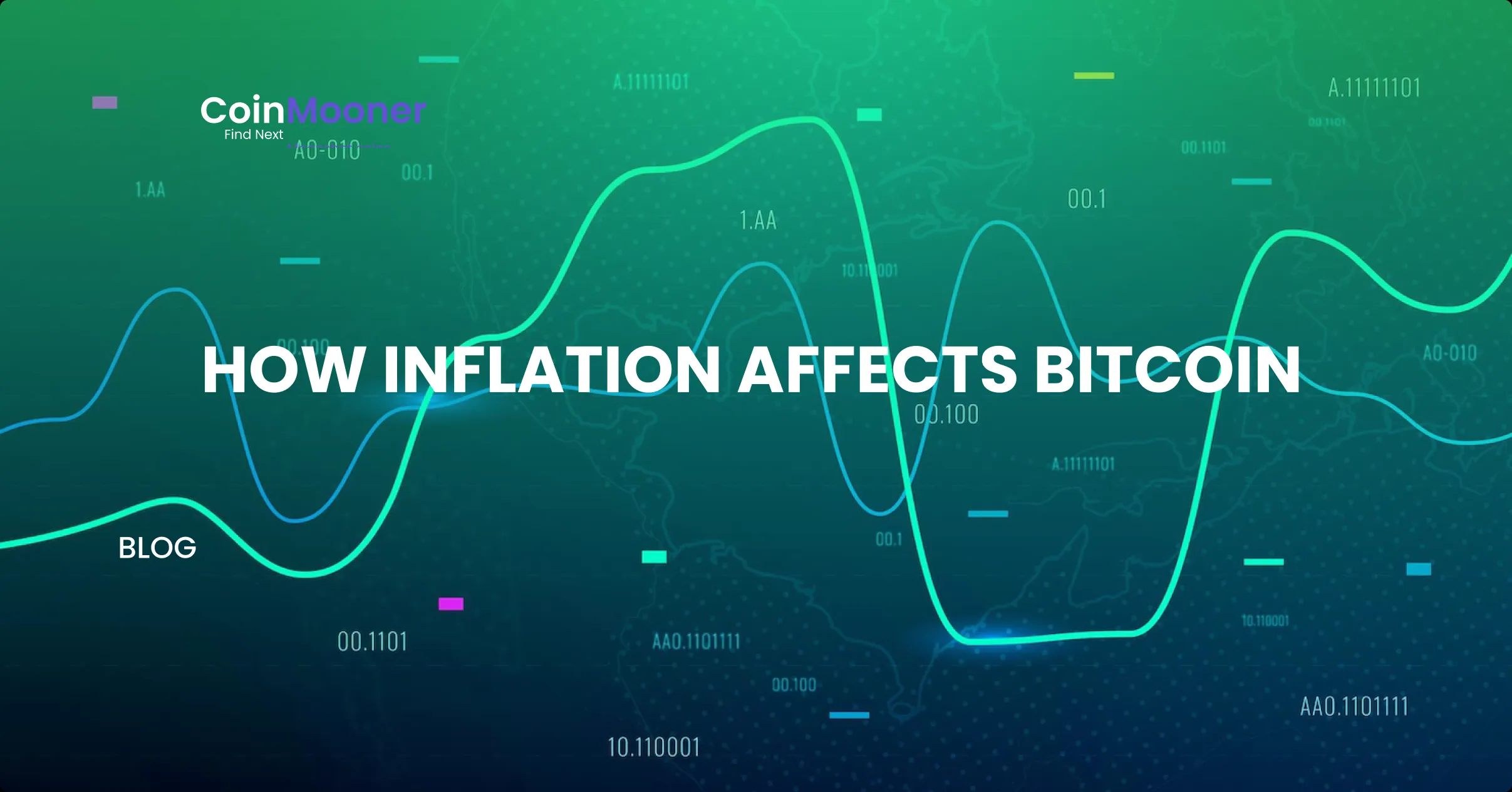
This digital currency as an investment is attractive for several reasons. For some, this digital asset is a quick way to earn money, while for others, it's the trust in blockchain technology. On the other hand, some get into Bitcoin due to fear of missing out. Either way, this digital currency has often been called an excellent inflation hedge and a store of value.
Inflation is when a currency's decreasing value increases the price of goods and services, helping the economy grow. However, unlike fiat currencies, this digital money cannot be affected by inflation.
Also, we cannot tell how inflation will affect this virtual currency confidently because this digital money has only existed for thirteen years. And during the thirteen years, major economies experienced little significant inflation.
On the other hand, the inflationary pressure of 2021/2022 is the first time investors have traded this digital money during an era of significant consumer price hikes.
Bitcoin is Not a Currency
This digital asset is not a currency meaning it does not respond to inflationary pressures like a conventional currency. Many Bitcoin advocates claim that this virtual asset is counter- inflationary as the value of fiat currency drops. This digital money increases because people seek a better store of value when their local currency inflates. Perhaps you can purchase Bitcoin via a reliable exchange before that read How to Buy Cryptocurrency
When the dollar value weakens, people opt to have cash in this digital currency to preserve their spending power. Eventually, this electronic currency will still be valuable.
Bitcoin as a Commodity
This virtual asset has never been a functioning currency. Neither the IRS nor the SEC recognizes Bitcoin as cash holdings. Instead, the SEC claims that this digital money is a commodity.
This virtual currency has a predetermined quantity and nature. A fixed amount of this virtual asset will ever exist, which is 21 million Bitcoins. The asset's algorithm determines this fixed supply. Moreover, this virtual asset does not have an underlying enterprise that would change the nature of the investment.
Just like gold or silver, this virtual currency is what it is. An investor can buy, own and sell it as the market will bear.
Bitcoin as a Security Asset
Assets like Bitcoin, which stakeholders can generate as their underlying project sees fit, are considered securities. At the same time, this digital asset operates on the same principles as any other securitized asset.
While this virtual asset is a commodity or a security, it is not a currency. Therefore, it will not behave like a currency. Instead, investors should expect this virtual asset to follow the rules of a high-risk investment class during an inflationary period.
Bitcoin and Inflation
This virtual currency has existed for the most part, but its price hasn't reacted negatively to policy uncertainty shocks because of the independence this virtual asset holds from government authorities.
On the other hand, due to largely bearish market conditions, socio-political issues have played a key role in establishing the price trajectory of this digital money over the last two quarters.
Over the past few months, people have learned that these big digital money swings mean that it lacks the necessary consistency to outpace inflation. For instance, the value of this electronic currency significantly decreased in 2021 when consumer prices began increasing. Due to the massive price swings, this virtual asset is unreliable as an everyday currency.
The Bottom Line
Bitcoin as an asset class does not yet have a trading history during periods of inflation. So, there is no data-backed way of predicting how inflation will affect prices. On the contrary, investors can come up with predictions based on the behavior of other asset classes.



